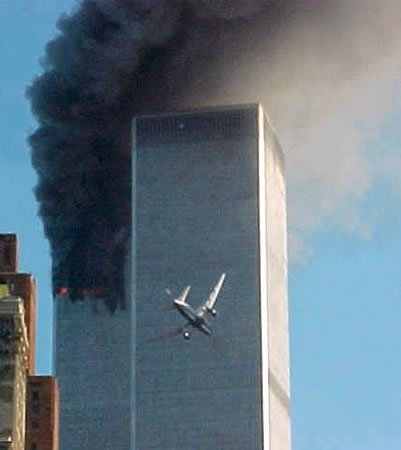
According to a new research, there’s a 50/50 chance of another catastrophic 9/11-style attack in the next ten years, and an even greater chance if the world become less stable.
The startling figure was floated by a pair of researchers who examined more than 13,000 lethal terrorist attacks between 1968 and 2007.
They calculated the likelihood based on the assumption that the frequency of major attacks, like earthquakes and other natural disasters, using mathematical power law.
Aaron Clauset at the Santa Fe Institute in New Mexico and Ryan Woodard at ETH, the Swiss Federal Institute of Technology, in Zurich assume the number of terrorist attacks remains constant for the next decade at about 2,000 a year.

First, they looked at history and determined that a 9/11-magnitute attack, which killed nearly 3,000 people, had a likelihood of 11 to 35% any time in the last 40 years, according to the Technology Review, which is published by the Massachusetts Institute of Technology.
Then they calculated the likelihood of another similar size attack if terrorist incidents remain at the same level they are now. Their conclusion: The chance of another 9/11 in the next decade is 20 to 50%.
However, Dr. Aaron Clauset and Dr. Ryan Woodward also admitted that it’s possible the number of terrorist attacks is likely to decline after US involvement in Afghanistan and Iraq ends.
The study only looked at numbers until 2007, when Americans still had an active military presence in the country.
If terrorist attacks drop off, the probability of another major terrorist attack is reduced to 5 and 20%.
The researchers also played out a third, more dire scenario, using their formula.
If the number of attacks in the next decade increases dramatically, then the chance of a major terrorist event becomes a near certainty: 95%.
The formula doesn’t take into account increased security around the world or the billions of dollars the US and other developed nations have poured into preventing additional catastrophic attacks.